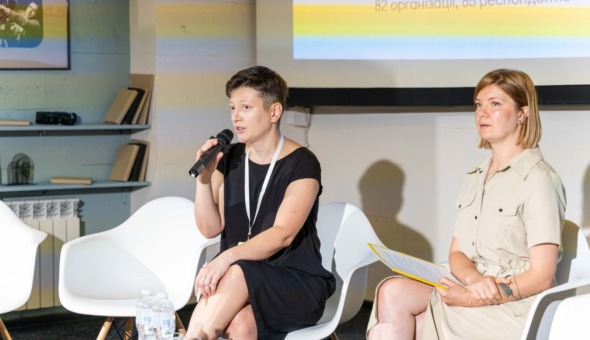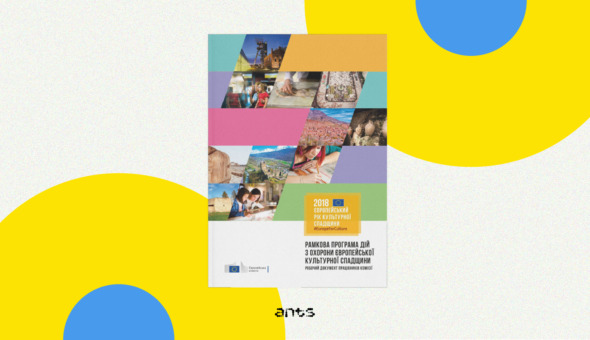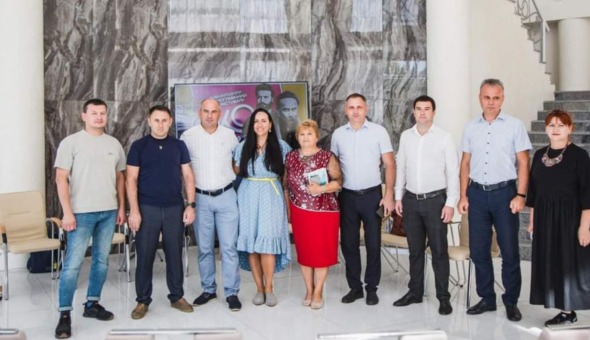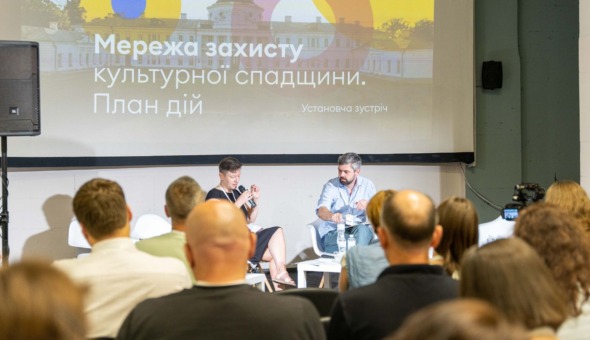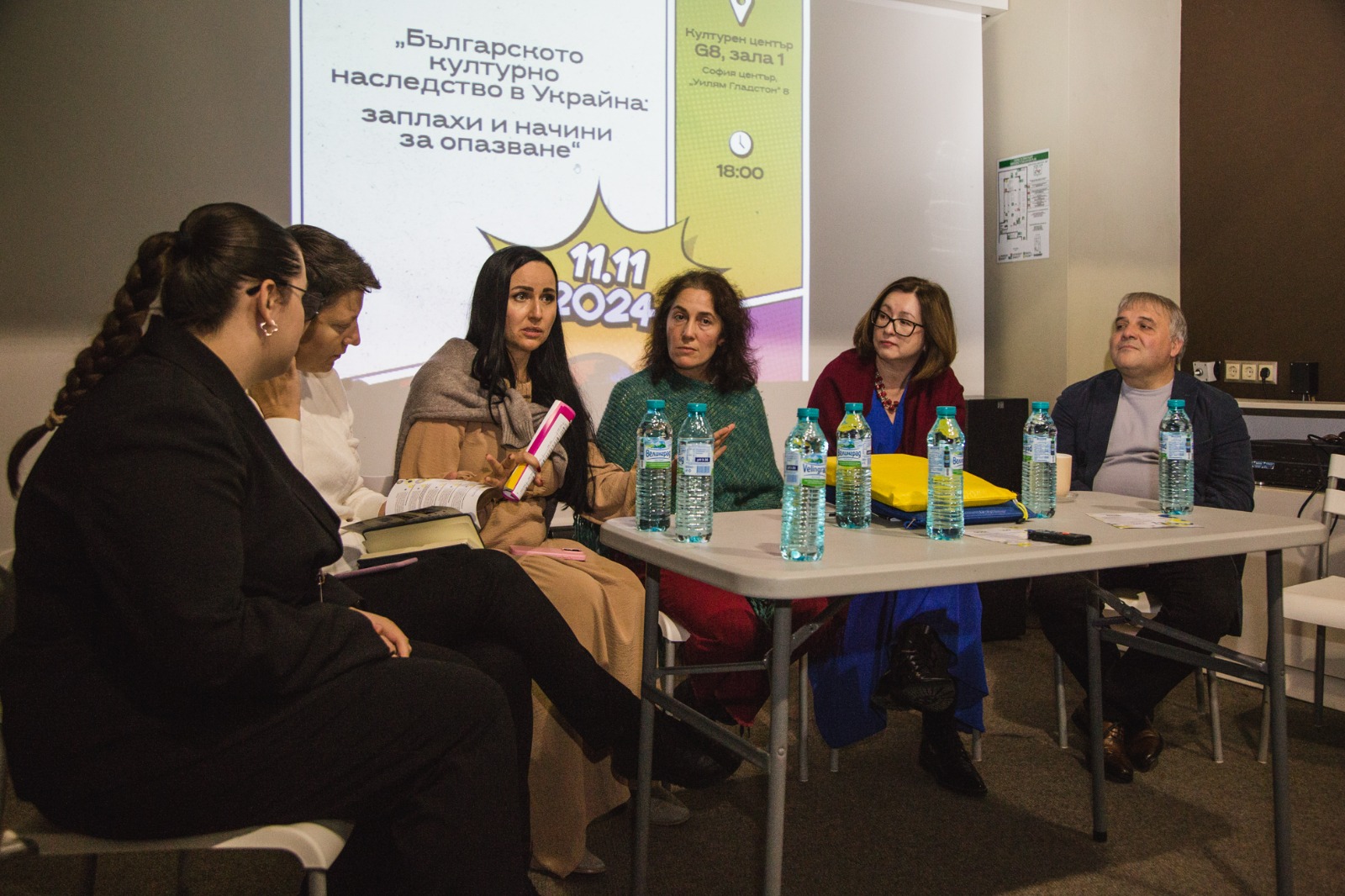
When referring to cultural heritage, we are not just talking about churches, archives or museums. We are talking about what shapes us as a community, as a nation, as part of the world culture. And the Bulgarian cultural heritage in Ukraine is an integral part of this picture. However, now we risk losing not only physical objects, but also what they symbolise.
The Bulgarian minority in Ukraine is the largest in the world — more than 200,000 people. Bulgarian churches, archives, traditions — it’s all a living history that tells about us. Unfortunately, this history is under threat today.
russian aggression is destroying what makes us unique. But equally dangerous is the ideological war that is trying to erase the historical ties between Ukrainians and Bulgarians, creating imaginary conflicts where they never existed.
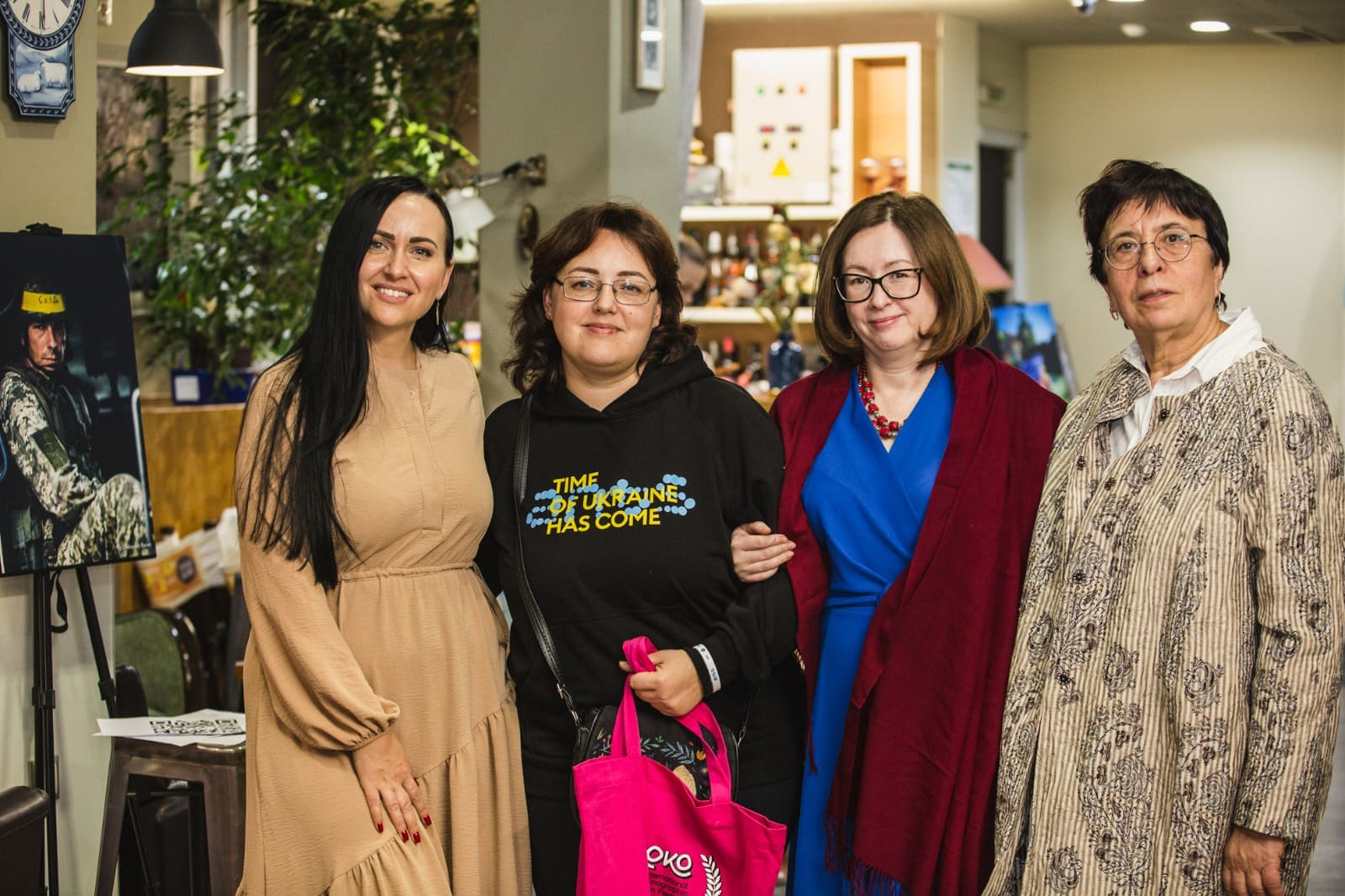
Why Bulgaria is important to us
Bulgaria is a member of the European Union and NATO, an influential voice in international politics, especially in the context of supporting Ukraine. The country is already helping us with humanitarian aid, condemning Russian aggression and supporting our European integration course. But there is more we can do.
Recently, a panel discussion “Bulgarian Cultural Heritage in Ukraine: Threats and Ways of Preservation” was held in Sofia. It was organised by the National Interest Advocacy Network “ANTS” in partnership with the “OKO” film festival. The discussion brought together experts from both countries to discuss how to jointly preserve Bulgarian cultural heritage in Ukraine. One of the key topics was digitalisation — the creation of digital copies of cultural objects, which allows us to preserve memory even in times of war. These meetings help us look at each other with different eyes and understand that we are very close and have something to protect.
Culture today is a way to express oneself in the world and protect national interests. Ukraine and Bulgaria can become partners in this process. Joint initiatives, educational programmes, cultural exchanges — everything builds bridges that connect our countries.
We need to develop cultural diplomacy not only as a means of combating Russian propaganda, but also as a platform for strengthening friendship.
We often take culture for granted. But this is the biggest mistake. Bulgarian cultural heritage is not an “alien history” in our country. It is part of our multinational identity, which makes Ukraine unique. We need to tell more about it: in schools, at public events, in the media.
Engaging young people in projects that promote common history is one of the most effective ways. When children and students begin to realise that there is a place for the Bulgarian community in the history of Ukraine, they gain a different vision of their country. A vision in which there is no division into “ours” and “others”.
Nowadays, culture is also being targeted. Bulgarian churches, archives, and schools that have been preserving the memory of the community for decades are now under threat of destruction. But we must understand that by protecting culture, we protect ourselves.
This op-ed was made possible by the USAID/ENGAGE activity, which is funded by the United States Agency for International Development (USAID) and implemented by Pact. The contents of this op-ed are the sole responsibility of Pact and its implementing partners and do not necessarily reflect the views of USAID or the United States Government.
Authors:
Liusiena Shum, cultural expert of the ANTS Network
Svitlana Yednak, communication manager of the ANTS Network
